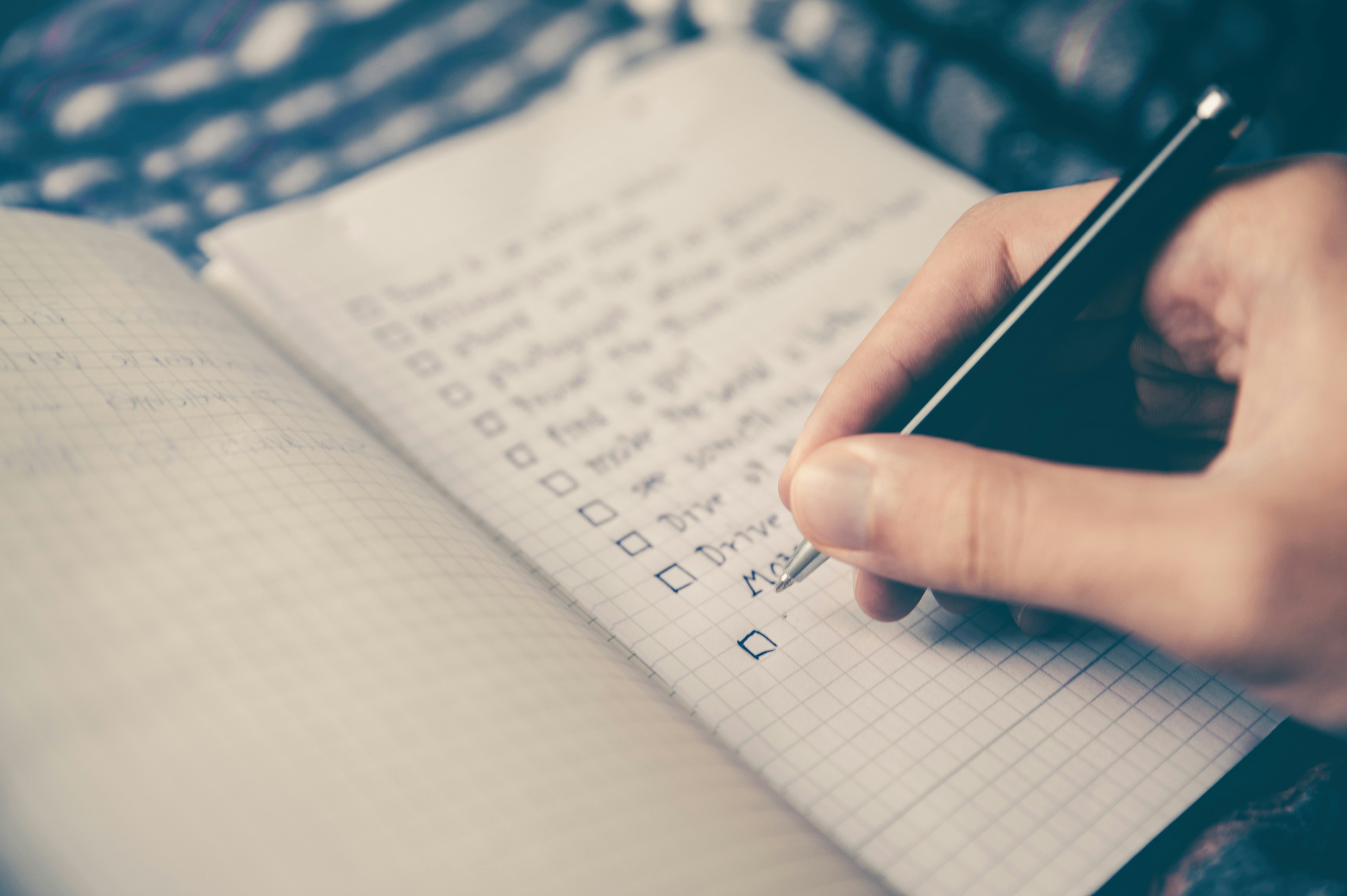 While it’s easy to think one knows everything worth knowing at sixteen, time teaches us that there’s always more to learn about the world around us, and even the person that we should know best in all the world: ourselves. There’s still so much to learn – and still so much to do – but finding areas for personal growth requires a healthy dose of mindfulness and self-knowledge. Try these tips to boost your self-awareness, explore your identity, and find new interests and opportunities for self-realization.
While it’s easy to think one knows everything worth knowing at sixteen, time teaches us that there’s always more to learn about the world around us, and even the person that we should know best in all the world: ourselves. There’s still so much to learn – and still so much to do – but finding areas for personal growth requires a healthy dose of mindfulness and self-knowledge. Try these tips to boost your self-awareness, explore your identity, and find new interests and opportunities for self-realization.
1. Do a Personality Test
No, we’re not looking for deep, dark secrets – rather an objective perspective on who we are, what satisfies us, and maybe even some fresh inspirations for everything from mundane hobbies to our next travel adventures. How does it work? One of the tests I enjoy most is the Myers-Briggs Type Indicator. It all begins with a simple questionnaire after which you’re given a designation based on the four characteristics it measures. Let’s say you get a result saying you’re an ISTJ personality. It’s an interesting piece of information. The ISTJ meaning says we’re introverted to a certain extent; use the evidence of our senses; think things through carefully; and use judgement in making decisions. The practical implications of these preferences provide hints that may help us with things like investigating a new career, and may even offer some suggestions for leisure activities we’ll enjoy.
2. Make Quiet Time
Time spent thinking about nothing in particular – even trying to clear our minds of all the “noise” that goes on in there is a great way of relaxing. But it also helps us with mindfulness – a situation in which we become more aware of the moment instead of cluttering it up with thoughts about what we’ll do tomorrow or the worries of the world. Living in the moment helps us to enjoy the little things more and opens us to all the wonders of the world that surrounds us. So take a little time to be quiet, put your cares aside, and just “be.” The world and everything in it can wait for half an hour or so. Make this habit part of your daily routine. You’ll never look back!
3. Clarify Your Goals, Set Priorities, and Develop Plans
No matter how young or how old you are, chances are there are still more things you’d like to fit into your life than you’d ever have time for. Which ones matter most to you? Clarifying your priorities in your own mind gives you direction, and from there on, it’s easier to develop plans that will help you to achieve the things you most want to do. You may even find that things you always thought you might like to do aren’t really for you. For example, most people would say they’d like to travel the world, but that means time away from home and far from your family – even without taking the financial cost of global travel into account, you may well decide that the personal cost makes it something you’d rather not do after all.
4. Keep a Journal for Your Eyes Only
Keeping a journal has a lot of benefits. You can vent when times are tough, verbalize your personal goals, and even go back through its pages and end up learning a lot of things about yourself that you didn’t realize before. You don’t have to be a great writer – after all, your journal is only for you – and you can decide what its role in your life will be. Will it be a planner? Could it become a way to track your progress towards goals? Maybe what you need most is a non judgmental confidante – and who better for that role than your own journal? Make journaling part of your daily routine and it could end up being one of your most important friends in your quest for greater self-awareness.
5. Know Yourself and Love Yourself
Having conscious self-knowledge and recognition for both your strengths and weaknesses will help you to become your own best friend – and that’s rarer than it may seem on the surface. You’ll also be happier and able to achieve more of the things you really want – so what are you waiting for? It’s time to get to know the most important person in your life better, and that person is you.
 Most people have a mental picture of their ideal self. While the process of becoming our best and ideal selves is lifelong, here are some tips to help with the journey.
Most people have a mental picture of their ideal self. While the process of becoming our best and ideal selves is lifelong, here are some tips to help with the journey.


